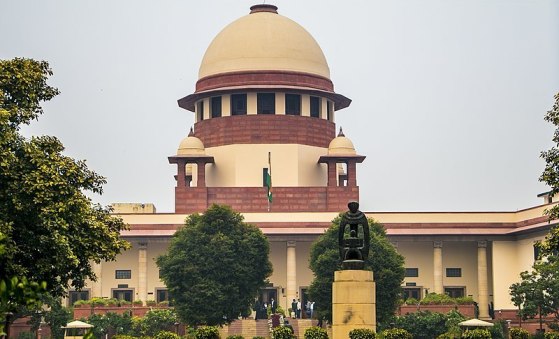The Council of the European Union has issued a statement on the human rights situation in Iran that includes an appeal for the release of Yousef Nadarkhani, the Church of Iran pastor who faces possible execution for apostasy.
In a statement released today, the Foreign Affairs Council deplored the "widespread repression of Iranian citizens, including human rights defenders, lawyers, journalists, film makers, women's activists, bloggers, persons belonging to ethnic and religious minorities and members of the opposition," and appealed "for the immediate and unconditional release of all those detained on these grounds, including Youcef Nadarkhani."
The statement also announced the reinforcement of the EU's restrictive measures against persons responsible for serious human rights violations in Iran, adding 29 persons to the list of those already targeted by an assets freeze and a visa ban.
On 9 October Archbishop Desmond Tutu also spoke out on behalf of the pastor, appealing "to the Iranian authorities to free Yousef Nadarkhani, and allow him and all other members of minority religions in Iran to worship God… Forcing anybody to renounce his or her faith is an utter violation of our universal human and religious values, and a renunciation of God."
The statements come amidst news that the pastor's case has been passed to Supreme Leader Ayatollah Ali Hoseyni Khamenei, the ultimate political and religious authority in Iran. Referral of court cases to the Supreme Leader is rare, and will almost certainly cause a further delay to the issuing of the written verdict from the recent trial of 25-28 September.
CSW Advocacy Director Andrew Johnston said, "CSW welcomes the recent statement by the Council of the European Union and is grateful for Archbishop Tutu's intervention."
He added: "No conclusions can be drawn from the latest developments in the case, and the pastor's life remains in the balance. We therefore urge continuing petitions for his release. Until a written verdict is issued, there should be no let-up in international pressure."




